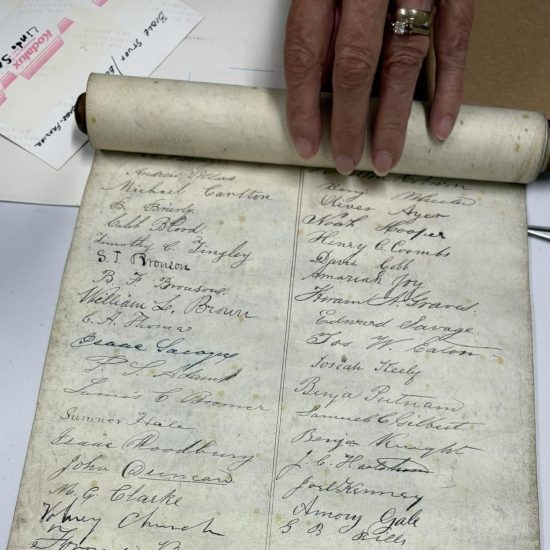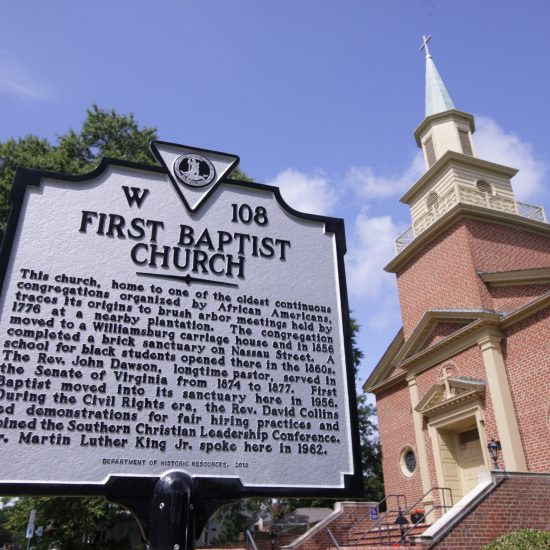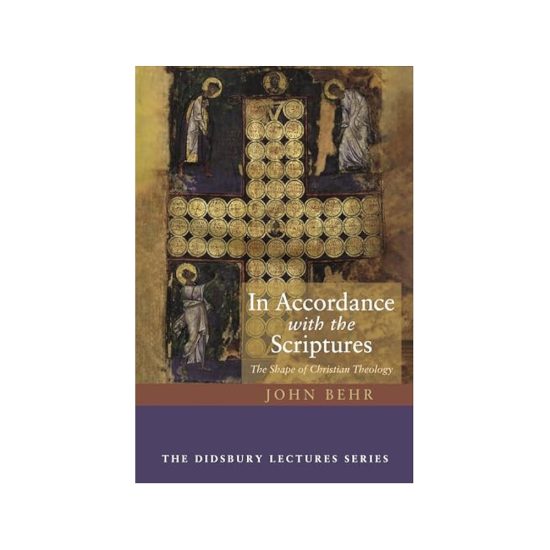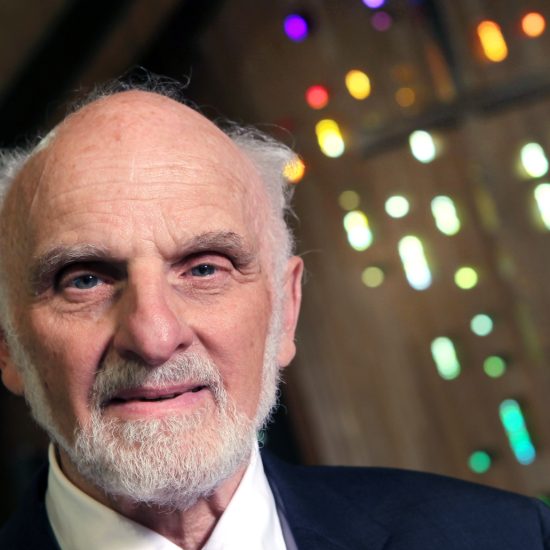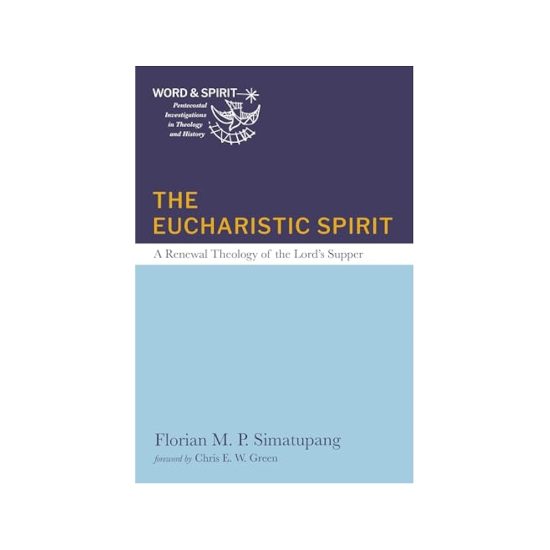ORLANDO, Fla. (ABP) — The last time the Southern Baptist Convention met in Orlando was 2000. That year marked passage of a revised Baptist Faith and Message, a show of theological unity that celebrated a hard-won battle for biblical inerrancy.
What a difference a decade makes. This year's convention brought 11,000-plus messengers back to Orlando still supportive of the "conservative resurgence" they believe rescued the SBC from liberalism but divided over methodology. It produced some of the most heated floor debate since the moderate/conservative controversy that raged in the 1980s and 1990s.
This year's story was overwhelming passage of recommendations of a Great Commission Task Force appointed last year by the outgoing SBC president, Johnny Hunt. Much of the committee's work dealt with reforming a denominational structure that many feel has grown too large and inward focused.
"We cannot keep the majority of our resources in a church-saturated land while billions of people go to a Christ-less eternity," Jonathan Woodward, a messenger from Oak Park Baptist Church in Jeffersonville, Ind., said during lengthy debate over the report.
The long-range impact of the task force report is still unclear. It's up to the various boards of trustees of SBC entities named in the report to recommend implementation plans. But its passage by an estimated 3-1 majority — over strong objections by SBC Executive Committee President Morris Chapman that it will weaken the convention's time-honored method of unified funding called the Cooperative Program — sent a clear message that business as usual isn't enough.
"I think that today will go down in history as a decisive moment in the Southern Baptist Convention," Albert Mohler, president of Southern Baptist Theological Seminary and a member of the Great Commission Task Force, told reporters after the vote. "It will mean changes everywhere, and that is what we need."
Most disconcerting for denominational insiders is doing away with cooperative agreements between the North American Mission Board and 41 Baptist state and regional conventions. Inaugurated in 1959 to foster closer cooperation between local and national entities and to develop a single mission program for each state, the agreements commit state conventions and NAMB to shared planning, funding and supervision of more than 5,300 home missionaries.
The intent of phasing out the cooperative agreements and replacing them with new strategic partnerships is to shift NAMB funding away from old-line Southern states to less-evangelized parts of the United States and Canada. It will force larger state conventions to either do away with jointly funded missionaries or find new ways to pay for them, perhaps including reducing the percentage of Cooperative Program funds that they forward to the SBC.
The change agenda also manifested itself in the election of suburban-Atlanta pastor Bryant Wright as SBC president. Wright, senior pastor of Johnson Ferry Baptist Church in Marietta, Ga., defeated two better-known candidates strongly identified with values embraced by the conservative resurgence.
Originally a church plant started with funding assistance from the SBC, Johnson Ferry had a long record of strong support of the Cooperative Program but in 1997 began designating 30 percent of its giving to the SBC directly to the International Mission Board. In 2003 the division was changed to 50-50 for the Cooperative Program and Lottie Moon Christmas Offering, based on the opinion that too much of the undesignated budget remains in the United States while work with unreached people groups overseas is underfunded.
The Great Commission Task Force — product of a grassroots movement that started with a chapel address by Southeastern Baptist Theological Seminary Danny Akin and quickly embraced by Hunt, pastor of First Baptist Church in Woodstock, Ga. — featured terms liked "bloated bureaucracy" to describe the status quo. That kind of heated rhetoric hasn't been common among polite Southern Baptist company since references to the moderates formerly in charge included allusions to skunks and barnacles clinging to the hull of a ship.
Ronnie Floyd, chairman of the Great Commission Task Force, said despite the pitched debate, he doesn't expect any hard feelings to linger.
"The differences between those who support the Great Commission Resurgence report and recommendations and those who do not should not be exaggerated," Floyd, senior pastor of First Baptist Church in Springdale, Ark., read from a statement after the vote.
"We are still brothers and sisters in Christ," Floyd said. "We differ on no article of faith. We are guided by our shared commitment to the gospel itself and to the articles of faith identified in the Baptist Faith and Message 2000. The Southern Baptist Convention is a convention of churches that is committed to a missional vision of presenting the gospel of Jesus Christ to every person in the world and make disciples of all the nations. We are a Great Commission people."
Curiously, Floyd's statement paraphrased assurances from Baptist history in 1845 downplaying differences between Northern and Southern Baptists who had just decided to go separate ways over slavery.
The result of that schism is separate denominations today known as the SBC and American Baptist Churches USA, a mainline Protestant denomination regarded by SBC leaders as so liberal that its membership in the Baptist World Alliance was part of the SBC's argument in 2004 for withdrawing from the global Baptist fellowship the SBC helped create in 1905.
-30-
Bob Allen is senior writer for Associated Baptist Press.

